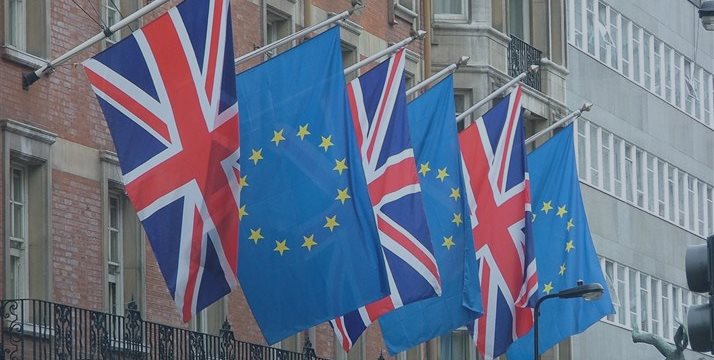
As David Cameron, whose Conservative party won the election on 7 May, promised to conduct a referendum on the possibility of Britain's exit from the eurozone before the end of 2017, business representatives analyze how beneficial leaving Europe would be for them.
Does Brussels demand too much red tape? What are advantages of doing business with Europe? BBC has surveyed a number of business representatives to see the picture.
Tony Attard, the head of Panaz, 30-year-old company making textile for offices, with less than £10m annual turnover and with about 100 employees, says that Europe is an extremely important market for the company, as they export about £3m of goods a year to Europe.
Pulling out of Europe would cost profit and a lot of jobs, he says.
In his opinion, standard product testing and harmonisation of raw materials tariffs have been beneficial for his business, along with pan-European trade agreements, and it is absurd to say that being out of the euro zone would make them more competitive.
John Mills, founder of JML Group, London, with £100m annual turnover and 350 employees, on the contrary, thinks the referendum is highly needed. He would be in favor of "Brexit", as the costs of membership, at £14bn-£15bn a year, are too high, while some of the regulations coming from Europe "can make business less
competitive".
Lesley Moody, a managing director at AES Digital Solutions, with less than £1m annual turnover and seven employees, is afraid of being drown in the red tape. She notes that the proposed Transatlantic Trade and Investment Partnership being negotiated between the EU and the US could put some UK businesses at a competitive disadvantage.
While competitiveness is a concern for the majority of business representatives, Geoff Billington, sales director for International Safety Products (ISP), one of the world's largest life jacket manufacturers, worries about the new government's demands to curb EU immigration. Almost 25% of ISP's staff are immigrants from countries like Poland, Lithuania, Hungary and Romania, and they are appreciated for their machine skills and work ethic. He thinks that inability to employ such workers could also put the wage bill up.
ISP sells
about 70% of its output to Europe, and the single market presents "no
barriers to entry for us. If we left, we could suffer from
protectionism."
Nadeem Raza, the head of Microlise, a company making the technology that monitors lorry fleets, is not encouraged by the possibility of exiting the bloc. His business has £30m annual turnover and 300 employees. More than half its products are exported to Europe and other markets abroad. His customers which are mostly supermarkets and delivery companies with large
lorry fleets operating throughout Europe, would undoubtedly benefit from
greater pan-European standardisation, while leaving the bloc would make that difficult.
A lot of their contracts are four-to-seven years long, so they're committing
to pricing and servicing levels now without knowing what's going to
happen after 2017 and thus taking risks.


